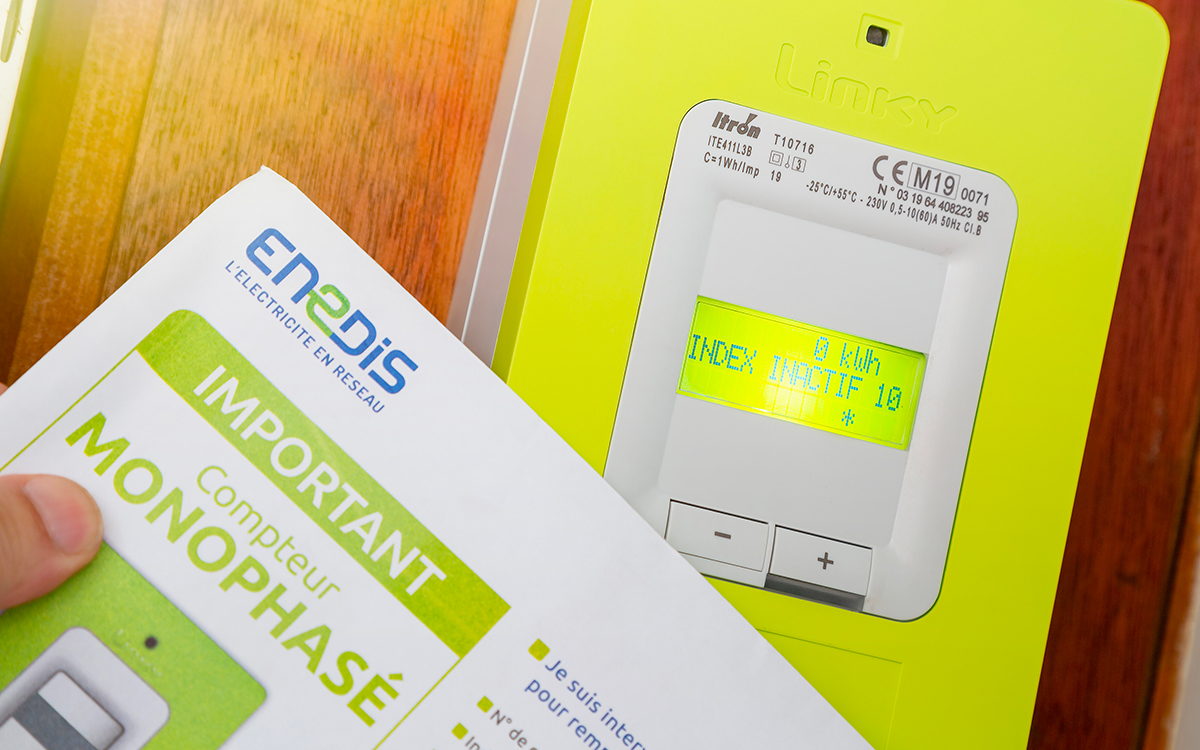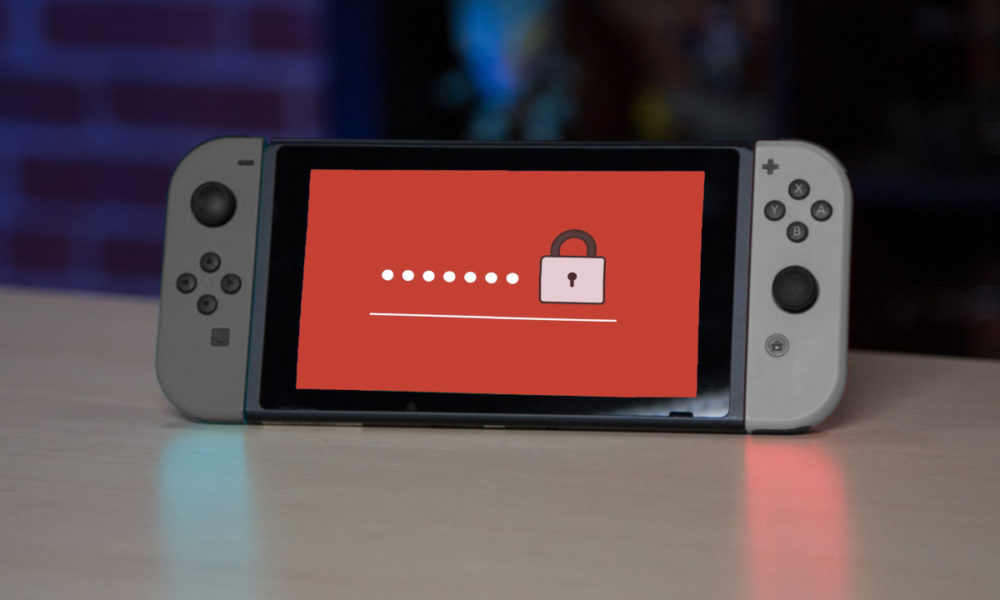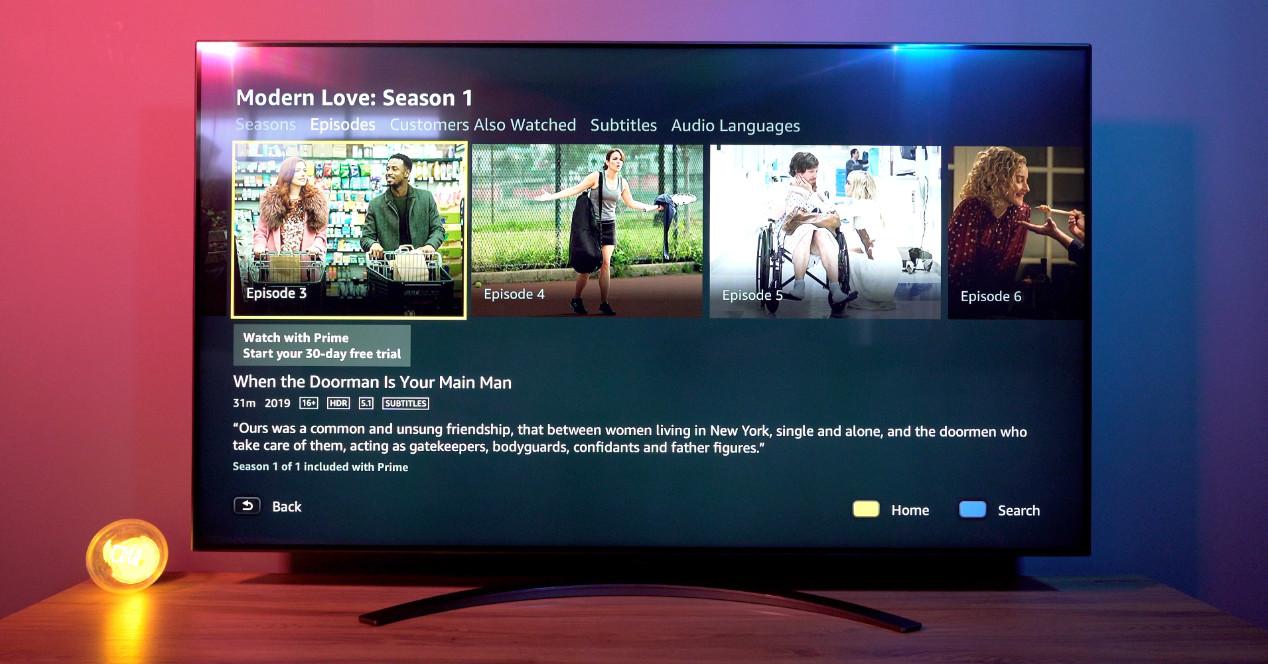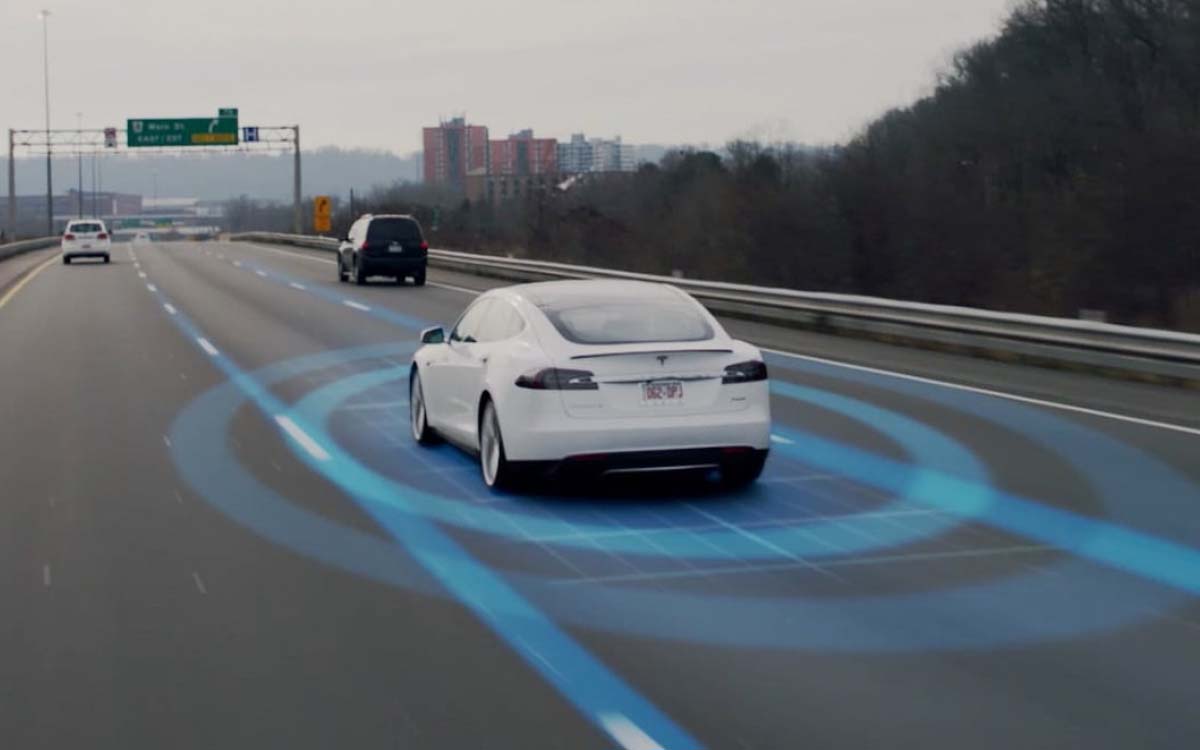
In December 2022, AFP shared a dispatch stating that households that refuse the Linky meter will have to pay 5 euros per month. Please note that this information is to be qualified. Explanations.
It has now been a year since the Energy Regulatory Commission and Enedis announced it: from 2023, French people who still refuse to use the Linky connected meter will have to pay an envelope in order to “participate in the overall costs generated by the reading of the last old generation meters to the only customers generating these costs”.
While the amount mentioned was previously €8.30 every two months (ie €49.80 per year), CRE has revised it downwards. As announced by the AFR in a dispatch published on December 15, 2022, those who resist Linky will have to pay a total of €61 per year to Enedis, or approximately €5 per month.
However, there is a significant nuance to this information. Indeed, it will be possible to avoid going to the cash register, until 2025 at least, by carrying out the reading of your electricity consumption yourself directly on the Enedis website or by telephone. In this way, you do not require the arrival of a technician to carry out the measurement, and by extension, you do not participate in the additional costs mentioned above by Enedis.
Enedis confirms that the Linky is not mandatory
And from 2025? Contrary to what Enedis suggests, nothing will force you to switch to Linky. Indeed and as pointed out by our colleagues on the site Politicsin this statement, Enedis therefore recognizes that you can legally keep your old meteron the condition of doing its self-relief and paying a modest bill of 5 euros per month, from 2025. By extension therefore, Enedis finally confirms that the Linky is not compulsory, a position defended by many associations and media for years now.
As a reminder and since 2022, households already equipped with a Linky meter must pay an additional €130, distributed gradually over their annual bills (+ €10 per year on average). This actually corresponds to the price of the box per unit, manufacturing and installation included. According to the Court of Auditors, Enedis has invested 5.7 billion euros to equip 90% of French homes.
To do this, a loan was taken out by the energy supplier with the European Investment Bank. Via a deferred tariff mechanism, Enedis was able to postpone the reimbursement of this sum. Nevertheless, 2 billion euros will have to be repaid by 2030, hence the application of these ancillary costs to consumers.



